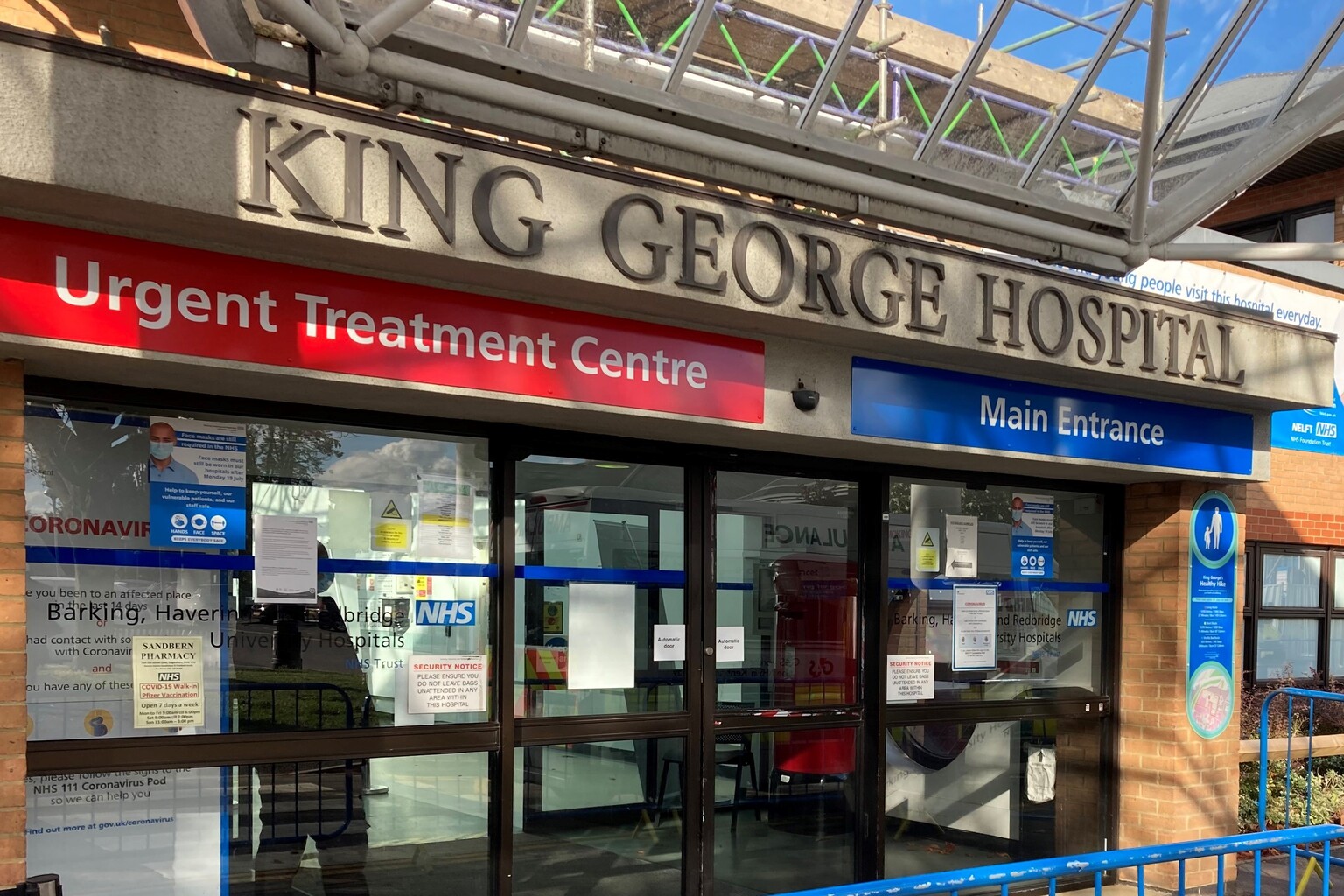Being professional and presenting patient cases skillfully are some of the best ways to succeed in your emergency medicine rotation.
An emergency medicine colleague of mine tells a funny story: When he was a medical student, eager to impress, he presented a patient to his supervising resident in the utmost detail. My friend made sure not to miss a single element of the patient encounter or potential differential. Proud of himself, he awaited his resident's response.
The resident, peering at my friend with a sly grin, said simply, "Interesting, but irrelevant."
My colleague was a bit embarrassed but also amused. He learned an important lesson that day: In your emergency medicine rotation, you must do excellent work, but do it very quickly.
That rule is one overarching key to succeeding in your emergency medicine clerkship. As a practicing emergency physician and residency admissions adviser, I have some additional, more granular advice to help you get the most out of your rotation. Here are the top three ways to succeed in your emergency medicine clerkship.
1. Know the catastrophes
Emergency physicians always prepare for the worst. Accordingly, when we hear a chief complaint like abdominal pain, we think of "gas pains" last.
Before you start your rotation, it behooves you to develop and learn a list of differential diagnoses (with the catastrophes first) for a variety of chief complaints, including chest pain, abdominal pain, shortness of breath, back pain, headache, syncope, altered mental status and "dizziness" (which can mean vertigo, instability or lightheadedness). Then, as you approach patients on your rotation, think of what a case is not before you think of what it is. In other words, consider the worst diagnoses on your list and work to rule them out with a thorough history, physical, laboratory tests, imaging studies and any necessary procedures.
When you present to your attending physician, he or she will be impressed by your diligence in explaining how this patient's complaint could be life-threatening and what you have done to exclude those killer possibilities.
For a go-to resource on your emergency medicine rotation, check out Pocket Emergency Medicine.
2. Come early, stay Late
There is a joke in our field that you do not have to be perfect to be an emergency physician, but you do have to be on time. Because emergency medicine is shift work, colleagues rely on each other's dependability to get themselves home after what can be grueling shifts. For your emergency medicine clerkship, you want to arrive early and stay late. Be known as the medical student who is not simply punctual but indefatigable. To do otherwise demonstrates to those who will be evaluating you that you do not value their time.
Along these lines, it is also critical to demonstrate a positive attitude and exhibit professionalism. I am not saying you will feel cheerful every day on your emergency medicine rotation. In fact, you will likely have some rough moments when you manage a heartbreaking case or are treated disrespectfully by a patient or by staff. The emergency department (ED) can be a stressful place, and it is natural and even inevitable that you will feel discouraged during your emergency medicine clerkship. The key is to realize that those feelings should be processed outside of the hospital with a friend, partner or family member, not in the hospital with the attendings or residents whose feedback may affect your evaluation. You want to be known as the enthusiastic, effective, can-do medical student that you are. While you are on shift, have your game face on.
In residency, one colleague was known for cheerfully picking up a new patient even in the final minutes of his shift when most residents began to wind down. Years later, when he was a finalist applying for a desirable professional position, one of the decision-makers remembered this trait, and it secured him the job offer.
3. Hone your presentation skills
As we established through my colleague's story above, it is critical that you learn how to clearly and concisely verbalize an assessment and management plan to your attendings and residents. Your supervising physician may have only one minute to hear your presentation of a complicated case.
You will improve this skill as you practice it more on your rotation, but rehearsing before your clerkship will give you a head start. Consider how to streamline your assessments and plans so everything important is conveyed in the little time you have. If every word cost you a dollar, how would you present most effectively on your limited budget? Furthermore, do not be embarrassed to solicit feedback on your presentation skills during your rotation.
If you are applying in emergency medicine, you also want to be clear with faculty that you are aiming for an emergency medicine residency, since you hope your attendings will be invested in your success, ready to promote your future residency candidacy. Because of the nature of shift work, you might rotate with different attendings. However, if you are applying in the field, you will need letters of recommendation, so it is worth kindly asking the scheduler if you can primarily be assigned to one or two attendings so they can get to know your work.
Knowing the catastrophes, being prompt and professional and presenting patient cases skillfully are the top ways to succeed in your emergency medicine clerkship. By keeping these tips in mind, you will make the lives of your emergency colleagues easier, impressing them as precisely the type of student who will be a great physician in any field.



